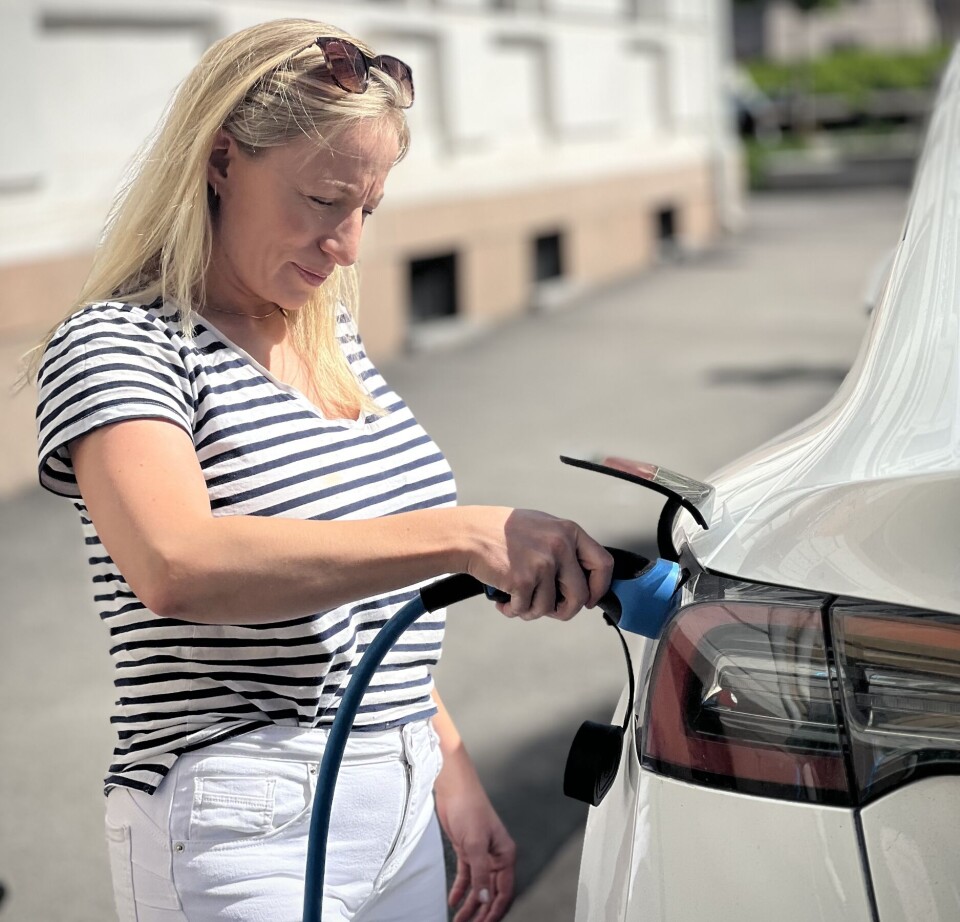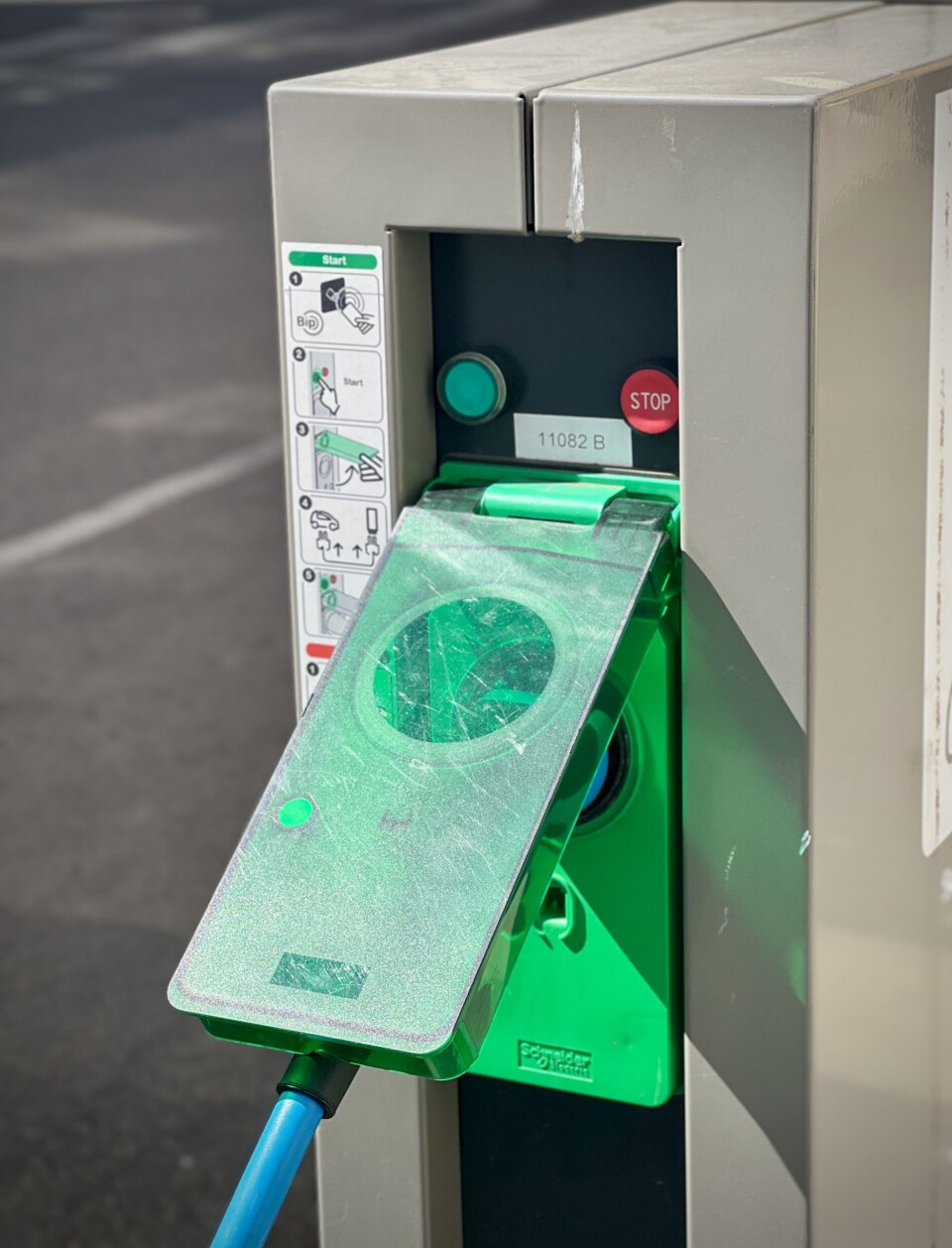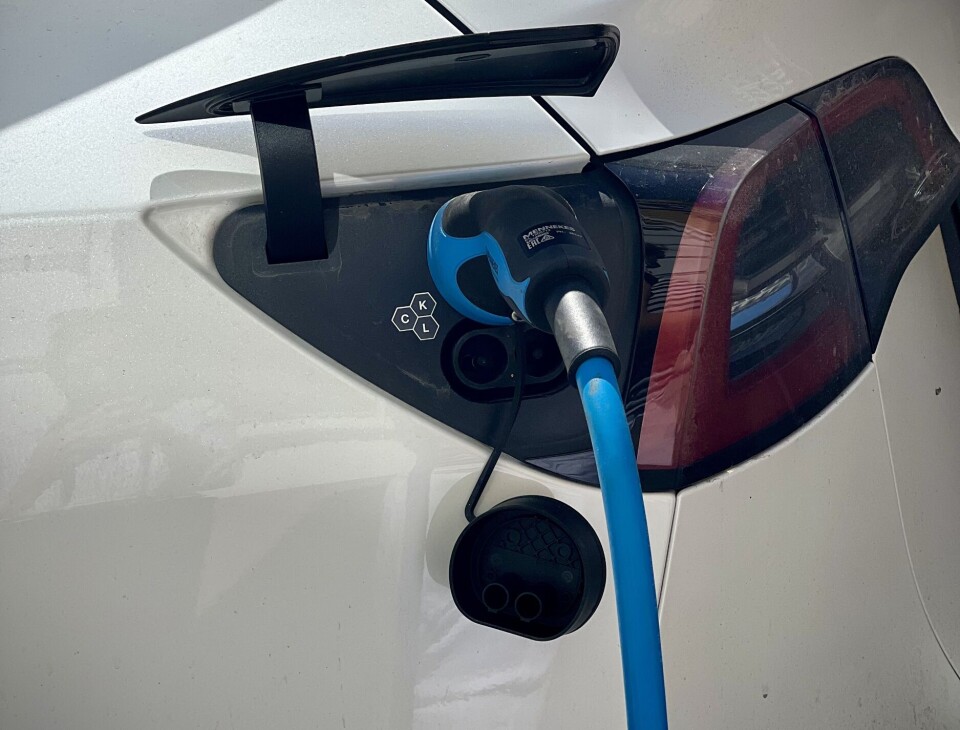Could electric cars be used to power our homes?
"People have massive batteries sitting in their garages," says Shemin Sagaria.

What if your electric car did not just take you to school, but also stored electricity for use in your home?
"That's exactly what we're investigating," says Shemin Sagaria.
He refers to electric cars as 'giant batteries in the garage.'

How can they be used for more than just driving?
The sun doesn't always shine
Sagaria studies clean energy sources like solar, wind, and hydropower.
"But there's a challenge with renewable energy," he says.
The sun doesn't shine at night. Sometimes the wind stops blowing.
"That means no electricity is being generated," he says.
But people still need power around the clock – for lights, cooking, phones, and gaming.
We need to store the electricity
"That's why we need to store the electricity we get when the sun is shining and the wind is blowing," says Sagaria.
Then we can use it when it's needed.
That's where the electric car in your garage comes in:
"The car's battery can act as a giant power bank," says Sagaria.
Use the batteries that already exist
"Couldn't we just make batteries specifically for our houses?"
"Sure, that's possible. But building batteries is both difficult and expensive," says the researcher.
They require rare metals like lithium.
"These metals are found deep underground, and mining them can harm nature," says Sagaria.
That’s why he believes we should make use of the batteries we already have.

Parked most of the time
"Our research shows that cars are parked most of the time," he says.
The drive to school, work, or the store doesn't take long.
"The rest of the day, that giant battery is just sitting in the garage," he says.
That's when the car can act as a power bank – just like when you charge your phone using an external battery.
Sigrid Maria Brækken drives an electric car.
"That sounds like a smart idea," she tells sciencenorway.no.
She currently charges her car close to where she lives.
She says she’d be happy to store power for her home using her electric car, if researchers come up with a good solution.
"I haven't heard about this before, but it sounds exciting," says Brækken.
Needs to be connected to the power grid
"How will the car provide power to our house?"
"It needs a smart charger," says Sagaria.
The chargers will work both ways: They'll charge the car, but also send power back to the house.
We'll use the car's battery as a power source – and save money.
Cathrine Hagem from Statistics Norway has looked into this.

She explains that electricity prices vary throughout the day.
"Electricity is cheaper at night. If we charge then, we can use that power during the day," she says.
That way, we don't have to buy as much of the expensive daytime electricity.
Could power entire cities
Sagaria and his colleagues are already working on the research.

"We're using computer models to test if it works," he says.
Their findings suggest that if enough electric cars are connected, they could help supply power to entire cities.
The idea is to store electricity from all the electric cars in a shared system.
"But what if I suddenly need my car and it doesn't have enough charge?"
"Drivers can choose how much power they want to share," he says.
You can set a minimum limit – for example, always keeping the battery at 40 per cent.
"That way, it's ready whenever you need to go to the store," he says.
Could come to Norway
This system is already being tested in Japan, the UK, and the USA.
"The car connects to your home and acts like a small power plant," says Sagaria.
He believes the technology allows us to use clean electricity more effectively.
Hagem says we should do more research on how car batteries can be used to store electricity.
"Do you think this will come to Norway?"
"Yes, it's not that complicated," she says.
All that's needed is for electricity to be able to flow both to and from the car.
"Many cars on Norwegian roads today are already equipped for this," she says.
The quality of the battery matters
Batteries degrade over time.
You can see this clearly in phones that have been used for a while.
Researchers are actively working to solve this issue.
The goal is to develop batteries that last as long as possible.
"If this technology is going to work, it's crucial that car batteries don’t wear out faster because of it," says Hagem.
———
Translated by Alette Bjordal Gjellesvik
Read the Norwegian version of this article on ung.forskning.no
Related content:

Subscribe to our newsletter
The latest news from Science Norway, sent twice a week and completely free.


























































